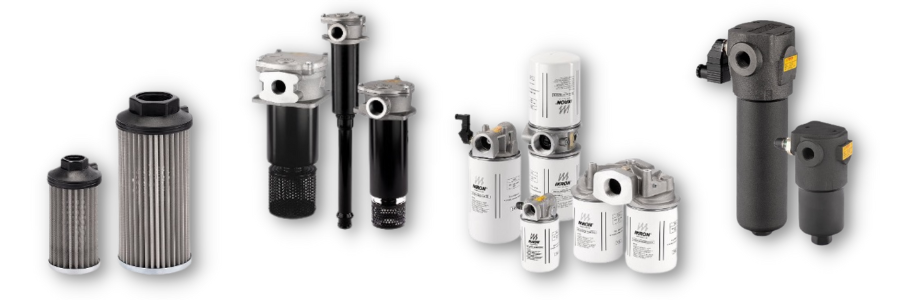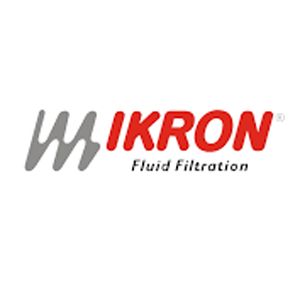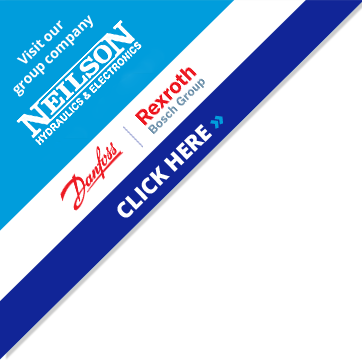In industrial machinery, where efficiency and reliability are crucial, hydraulic systems are indispensable. These systems support a wide range of applications, including manufacturing, construction, automotive and many other industries. To ensure their optimal performance and longevity, meticulous maintenance is essential, with hydraulic filtration being a frequently overlooked yet critical aspect. This blog will explore the importance of hydraulic filtration in system maintenance, detailing its functions, benefits, types, and best practices.
Understanding Hydraulic Filtration:
Hydraulic filtration involves the removal of contaminants from hydraulic fluid to maintain system cleanliness and efficiency. Contaminants such as dirt, debris, water, and other particulates can infiltrate the hydraulic system through various means, including air intake, component wear, and external sources. If left unchecked, these contaminants can cause extensive damage to system components, leading to decreased performance, increased downtime, and costly repairs.
Functions of Hydraulic Filtration:
Contaminant Removal: The primary function of hydraulic filtration is to remove contaminants from the hydraulic fluid. By capturing particles as small as a few microns, filters prevent abrasive wear and damage to critical components such as pumps, valves, and actuators.
Maintaining Fluid Cleanliness: Clean hydraulic fluid is essential for the smooth operation of hydraulic systems. Filtration helps maintain the cleanliness of the fluid by removing contaminants that can cause fluid degradation, oxidation, and viscosity changes.
Preventing Component Failure: Contaminants in hydraulic fluid can accelerate component wear and lead to premature failure. By effectively filtering out contaminants, hydraulic filtration helps prolong the service life of system components, reducing maintenance costs and downtime.
Benefits of Hydraulic Filtration:
Enhanced System Reliability: Clean hydraulic fluid ensures consistent performance and prevents unexpected system failures, improving overall system reliability and uptime.
Extended Component Life: By reducing wear and tear on system components, hydraulic filtration extends the service life of critical parts, saving on replacement costs and downtime.
Improved Efficiency: Clean hydraulic fluid reduces friction and energy losses within the system, resulting in improved efficiency and lower energy consumption.
Reduced Maintenance Costs: Regular filtration maintenance helps prevent costly repairs and system downtime associated with component failure, ultimately reducing overall maintenance costs.
Types of Hydraulic Filters:
In-line Filters: Installed directly in the hydraulic line, in-line filters are the most common type of hydraulic filter. They come in various configurations, including cartridge filters, spin-on filters, and filter assemblies, and are suitable for a wide range of applications.
Off-line Filters: Off-line filters, also known as kidney loop filters, operate independently of the main hydraulic system. They continuously filter a portion of the hydraulic fluid and return it to the reservoir, ensuring ongoing cleanliness and extending fluid life.
Return Line Filters: Positioned in the return line, these filters capture particles and debris generated during system operation, preventing them from recirculating and causing damage to critical components such as pumps, valves, and actuators.

Best Practices for Hydraulic Filtration Maintenance:
Regular Filter Inspections: Inspect hydraulic filters regularly for signs of contamination, damage, or clogging. Replace filters according to the manufacturer's recommendations or based on condition monitoring data.
Proper Fluid Handling: Use clean containers and equipment when handling hydraulic fluid to prevent contamination. Store fluid in sealed containers and keep it away from sources of moisture and dirt.
Correct Filter Selection: Choose hydraulic filters based on the specific requirements of the system, including flow rate, pressure rating, filtration efficiency, and compatibility with hydraulic fluid.
Scheduled Maintenance: Implement a proactive maintenance schedule for hydraulic filtration, including filter replacement, fluid analysis, and system flushing as needed. Document maintenance activities and monitor filtration performance over time.

Conclusion:
In conclusion, hydraulic filtration is vital for maintaining and extending the lifespan of hydraulic systems. By efficiently removing contaminants from hydraulic fluid, filtration prevents component wear, system failures, and expensive repairs. Investing in high-quality filters, performing regular maintenance, and following best practices for fluid handling are crucial steps to ensure the optimal performance and reliability of hydraulic systems. Prioritizing hydraulic filtration ultimately leads to improved efficiency, reduced downtime, and significant cost savings for industrial operations.
To enquire or speak to our technical team about all your hydraulic solutions and requirements please contact VHS Hydraulic Components on: 0114 276 4430 / E: info@www.hydraulic-components.net or visit our website at: https://www.hydraulic-components.net





 No Minimum Order
No Minimum Order














